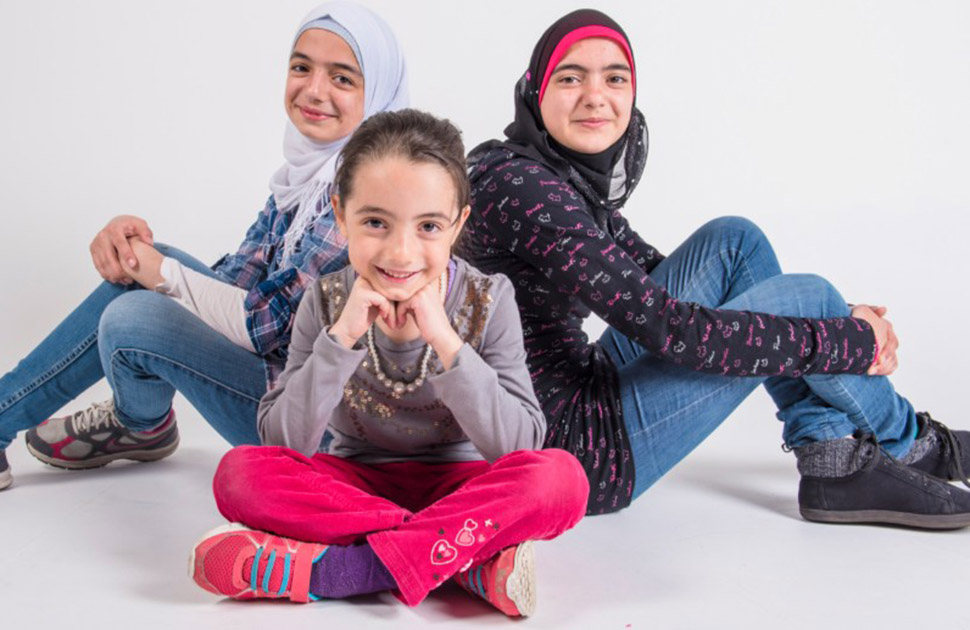
About the Type 2 Diabetes Clinic
Type 2 diabetes occurs when the body can’t properly use the insulin that is released (called insulin insensitivity) or does not make enough insulin. As a result, sugar builds up in the blood instead of being used as energy. About 90% of people with diabetes have type 2 diabetes. Type 2 diabetes more often develops in adults, but children can be affected.
|
More information including common signs and symptoms |
|
Type 2 diabetes was once a condition that occurred only in adults. Today we see it more in teens and even in children. Most of these children are from ethnic groups at high risk for type 2 diabetes (African, Arab, Asian, Hispanic, Indigenous or South Asian). In Canada, 44% of children who are diagnosed with type 2 diabetes are of Indigenous heritage. The most common signs and symptoms of type 2 diabetes can include:
Some people may have a skin condition characterized by a velvety dark overgrowth of the skin in some areas of their body called acanthosis nigricans. However, some people diagnosed with type 2 diabetes may not notice any symptoms. In some cases, the child or youth can present with DKA or HHS (Hyperosmolar Hyperglycemic State). |
About our team
Members of the diabetes team:
- 1 endocrinologist
- 1 registered nurse
- 2 part-time registered dietitians
- 1 part-time registered social worker
Contact us or make a referral
Monday through Friday from 8am to 3pm, you can reach your team at diabetesteam@cheo.on.ca or telephone: 613-737-2353.
New referral can be sent via fax: 613-738-4236. Referrals must be made by a physician - we are not able to accept self-referrals from children, youth and families.
Frequently asked questions
Find answers to common questions about Type 2 Diabetes and our clinic.
|
What is pre-diabetes? |
||||
|
Prediabetes is a condition where blood sugar levels are higher than normal, but are not yet high enough to be diagnosed as type 2 diabetes. Although not everyone with prediabetes will develop type 2 diabetes, many people will. If left unmanaged, the risk of developing type 2 diabetes will increase. Taking steps to manage your blood sugar can prevent or delay type 2 diabetes. The key is a healthy lifestyle. |
||||
|
What is an A1C test? |
||||
|
An A1C test is a type of lab test that shows the average level of blood glucose (sugar) over the past 3 months. It is also often called the glycated hemoglobin test. When you come to CHEO, this test will be done at every clinic visit.
|
||||
|
What is a Continuous Glucose Monitoring System, and are they covered in my province? |
||||
|
A continuous glucose monitoring system is a wearable device that tracks glucose (sugar) levels every few minutes, throughout the day and night. The readings are relayed in real time to a device which can be read by the patient, caregiver or healthcare provide, even remotely. Please note that the information noted below is always subject to change.
|
||||
|
Are medications for Type 2 Diabetes covered in Ontario? |
||||
| Some medications are covered by the Ontario Drug Benefit (ODB) - please visit the ODB website to learn more. | ||||
|
Where can I find more resources about Type 2 Diabetes? |
||||
|
How will the clinic help me transition to adult care when I turn 18? |
||||
|
Before you turn 18 years old, your diabetes doctor will be referring you to an adult endocrinologist. It is very important for you to follow through with going to your first appointment with your new doctor. If you have any questions, reach out to your care team who will help you through this transition! These resources can also help you as you transition to adult care: Resources for healthcare providers |




